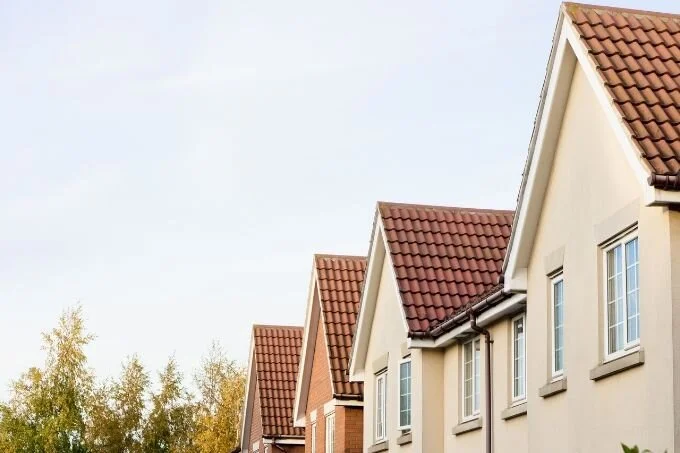What Landlords Should Know About COVID-19
Most investors who entered the real estate business never imagined having to deal with a pandemic. While leases may contain provisions that address responsibilities in the face of a “force majeure” or “act of God” over which neither party has control, practical adjustments are immediate. These are few things landlords should know about COVID-19:
The Fourth “C”
The three “C’s,” meaning “clean, cover, contain,” are currently the best measures to help slow the spread of COVID-19. Landlords should add a fourth “C”—“communicate.” Property owners and managers should assure tenants about the steps they are taking to sanitize frequently touched surfaces. Inform tenants about expert recommendations on containment. Encourage tenants to work from home, if they can, and to stay in as much as possible, especially if they aren’t feeling well or are experiencing symptoms. Stay in touch with local public health officials, and provide updates from them about the most current recommendations and requirements. Provide sources for the information offered, including phone numbers and websites of public health information agencies.
Share with tenants what you are doing to address risks to and from visitors, and provide daily general updates. Landlords and property management companies should facilitate online rent payments, emergency work requests, and general lines of electronic communication to minimize the necessity of personal contact.
Facilitate Cleaning
While tenants are responsible for keeping their homes clean and sanitized, landlords and property owners are usually responsible for all public areas. Install hand-sanitizing stations, and wipe down common areas and frequently touched surfaces often. Provide helpful suggestions to tenants about how to keep surfaces in their homes sanitized. Train staff in proper cleaning techniques and how to protect themselves when cleaning surfaces. This doesn’t mean hoarding the masks that medical personnel so desperately need, but take common-sense measures like using cleaning gloves and frequent hand-washing breaks.
Containment and Privacy
Many cities have already instituted moratoriums on evictions. Tossing tenants out of their homes where they could contract and spread the virus serves no one in times like these. Landlords should work with their tenants to come up with payment plans that acknowledge the reality of job losses and economic uncertainty.
Property owners should also establish and communicate procedures for delivery and retrieval of packages and mail that minimize in-person contact. Inform visitors, contractors, and delivery persons about what is necessary and how to adjust to new procedures. Postpone non-essential maintenance and repairs. Cancel upcoming social or public events that would bring large groups together, and encourage hosts of even small events to reconsider.
It is extremely important to avoid stigmatizing any individual tenant or organization. If a landlord receives information that a tenant has tested positive for COVID-19, or a visitor or user of shared facilities has contracted the virus, alert tenants in a way that protects the affected individual or organization’s privacy. Reiterate public health officials’ suggestions for taking precautions, including staying home and contacting a doctor before visiting any healthcare facility if they feel ill. Fortunately, with the successful vaccine rollout for adults and the pediatric covid vaccine, numbers have begun to ease off and we are beginning to see the light at the end of the tunnel. There is still some way to go, and precautions must be taken, but the end is in sight.
Landlords should learn about COVID-19 and consult their attorneys about legal obligations and risks. Property owners should also contact their insurance companies to find out what sort of losses are covered under these extraordinary circumstances.

















